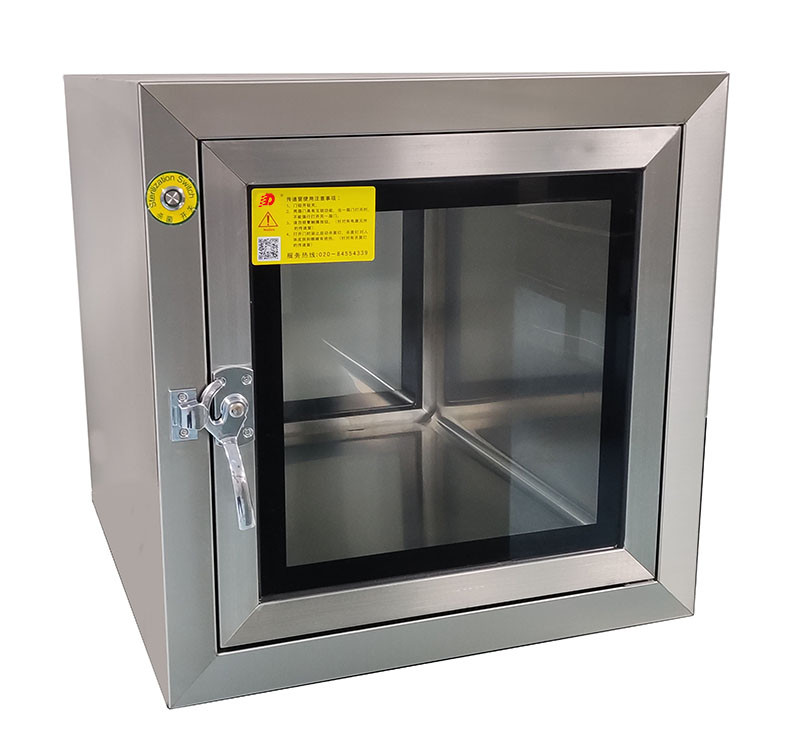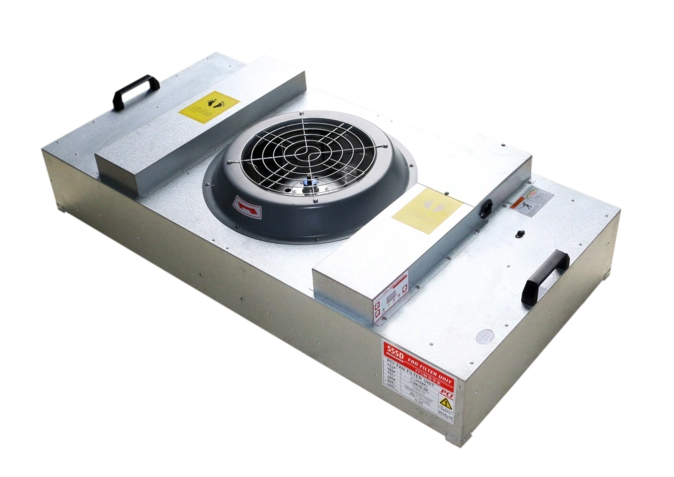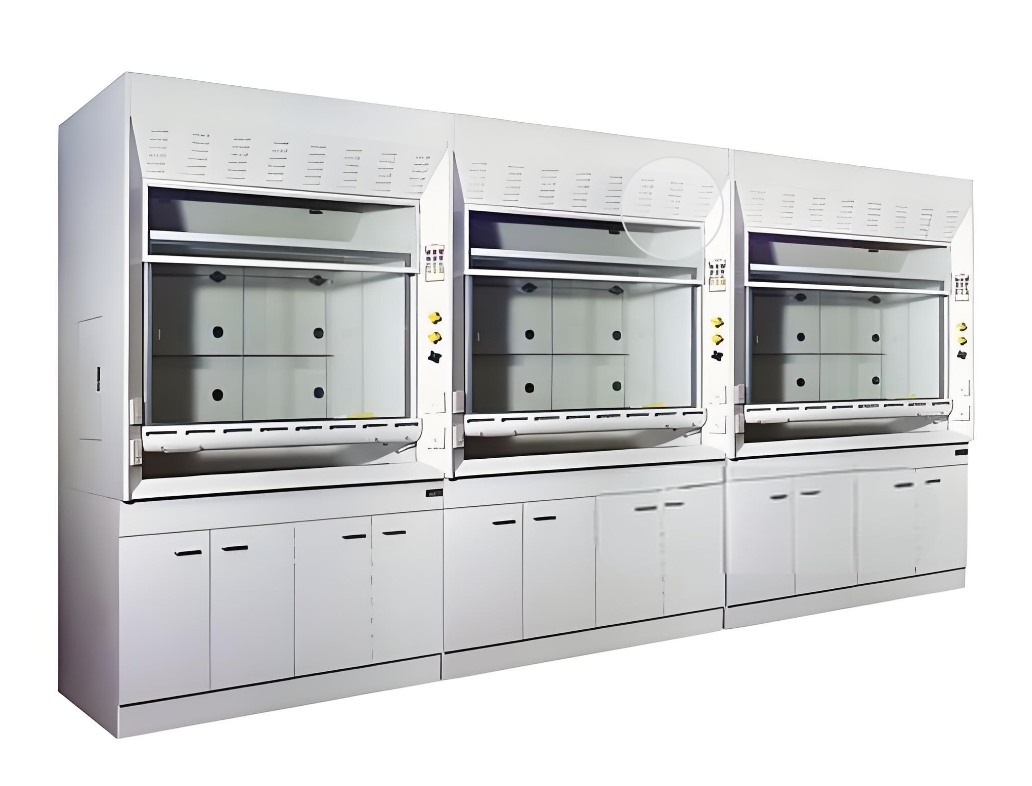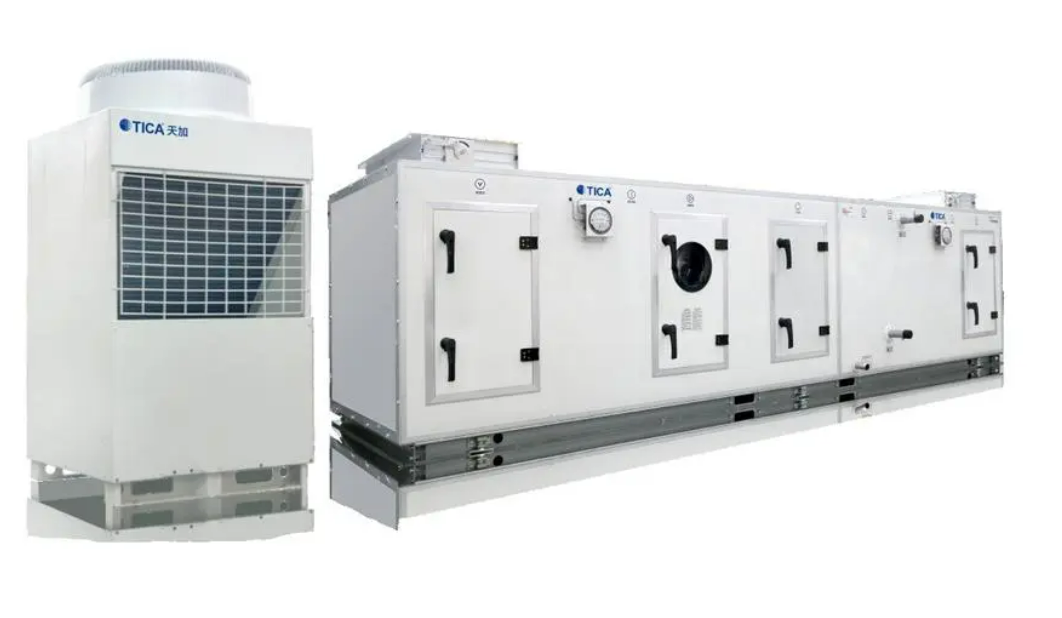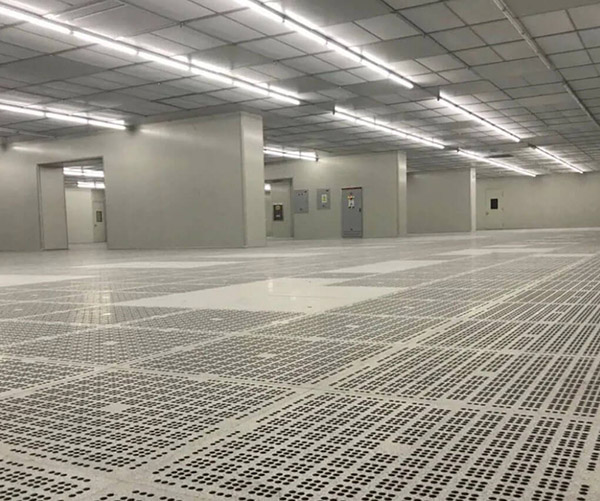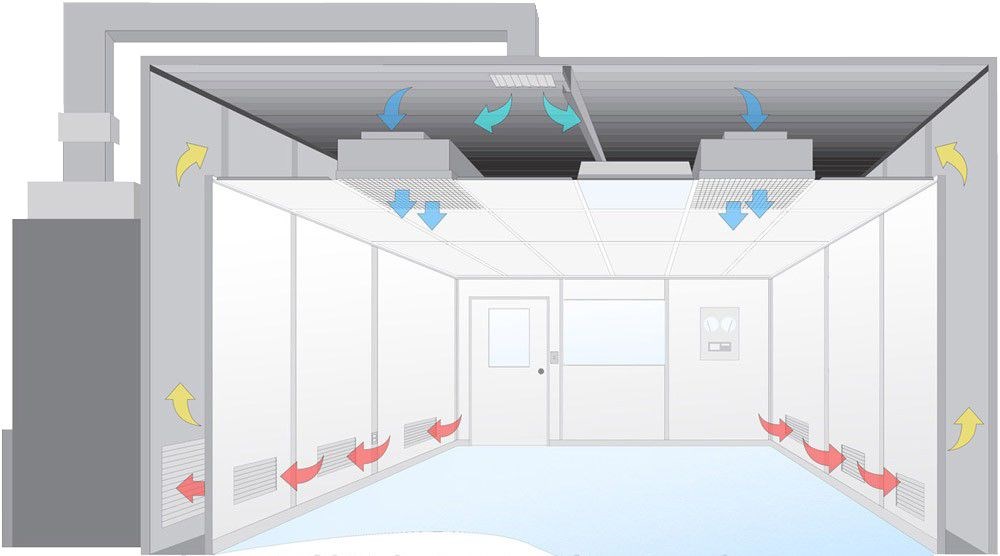In the realm of air filtration, understanding the distinctions between ULPA (Ultra-Low Penetration Air) and hepa (High-Efficiency Particulate Air) filters is crucial for ensuring optimal air quality in various environments. Both types of filters play a vital role in controlling airborne contaminants, yet they differ significantly in efficiency, applications, and particle size capture. This article will explore these differences, applications of ULPA filters, types of ULPA filters, HEPA supply Manufacturers, and maintenance practices for hepa filters.
What is the difference between ULPA and HEPA?

ULPA and hepa filters are both designed to improve air quality by capturing airborne particles, but they differ in filtration efficiency and applications.
HEPA filters capture at least 99.97% of particles down to 0.3 micrometers, while ULPA filters capture 99.999% of particles as small as 0.12 micrometers.
HEPA filters are commonly used in residential air purifiers, industrial applications, and healthcare facilities where moderate air quality is required. In contrast, ULPA filters are utilized in cleanrooms, pharmaceutical manufacturing, and environments that demand the highest levels of air purity, such as Semiconductor manufacturing. The stricter efficiency standards of ULPA filters make them essential in settings where even the smallest contaminants can compromise product quality or safety.
In summary, ULPA filters offer superior filtration capabilities compared to HEPA filters.
Understanding these differences can aid businesses and individuals in selecting the right filtration technology for their specific needs.
Applications of ULPA Filters
ULPA filters are critical in various industries due to their high filtration efficiency. Their applications span across several sectors, ensuring the integrity of processes and products that require ultra-Clean air.

Pharmaceutical Manufacturing:
In pharmaceutical production, ULPA filters maintain sterile environments by removing airborne contaminants that can compromise drug safety.
Semiconductor Manufacturing:
The semiconductor industry relies on ULPA filters to prevent dust and particulate contamination, which can damage sensitive Electronic components during production.
Cleanroom Environments:
ULPA filters are essential in cleanrooms used for biotechnology, aerospace, and advanced manufacturing. They ensure that air quality meets stringent regulatory standards, protecting both products and personnel from contamination.
Types of ULPA Filters

1. Compact ULPA Filters: These filters are designed for limited space applications and provide high filtration efficiency without compromising airflow. They are often used in HVAC systems and air purifiers.
2. Panel ULPA Filters: Panel filters are larger and suitable for high-volume air applications. They are commonly utilized in cleanrooms and industrial environments, where consistent air quality is crucial. These filters can be integrated into existing HVAC systems, offering versatility and high performance.
HEPA Supply Manufacturers

Several manufacturers specialize in producing HEPA filters, ensuring that industries have access to reliable and efficient filtration solutions. These companies focus on innovation and quality to meet diverse customer needs. Prominent HEPA filter manufacturers include companies like 3M, Camfil, and AAF International. These companies produce a range of HEPA filters suitable for various applications, from healthcare to industrial settings. They invest heavily in research and development to enhance filter efficiency and longevity while complying with international standards such as EN 1822 and ASHRAE 52.2. In addition to traditional HEPA filters, many manufacturers offer customizable solutions tailored to specific industry requirements, ensuring optimal performance and compliance with stringent air quality regulations.
De Chuang Kunling Company stands out as a leading supplier of HEPA and ULPA filtration solutions. By focusing on quality and innovation, we enhance our brand image while providing clients with the best air filtration technologies available.
Maintenance of HEPA Filters
Proper maintenance of HEPA filters is essential to ensure their effectiveness and longevity. Regular checks and replacements help maintain optimal air quality.

1. Regular Inspection
HEPA filters should be inspected regularly for signs of damage or excessive dirt accumulation, which can hinder their performance.
2. Replacement Schedule
Establishing a replacement schedule based on usage and manufacturer recommendations is crucial for maintaining filter efficiency.
3. Cleaning Protocols
While HEPA filters are not typically washable, maintaining clean environments around the filters can extend their life. Following relevant standards, such as ISO 14644, ensures compliance with cleanroom regulations.
4. Performance Testing
Conducting regular performance tests, like particle counting, can help ensure that HEPA filters are functioning within acceptable limits.
 +86 18186671616
+86 18186671616 Jason@cleanroomequips.com
Jason@cleanroomequips.com
 MENU
MENU







